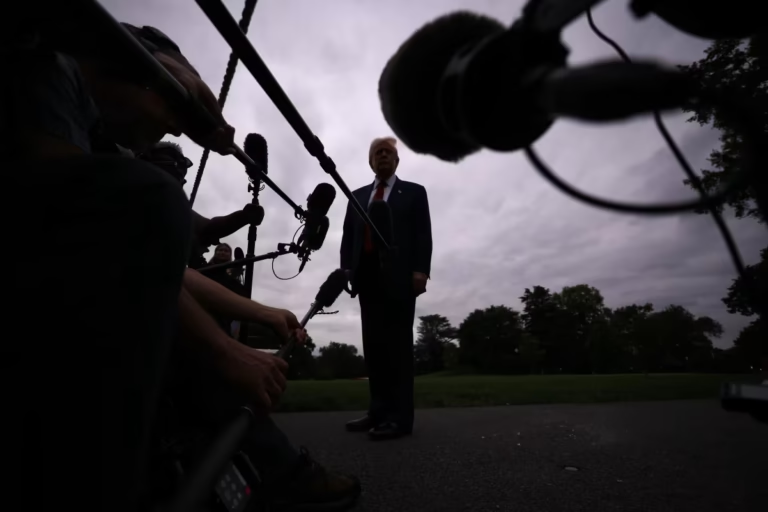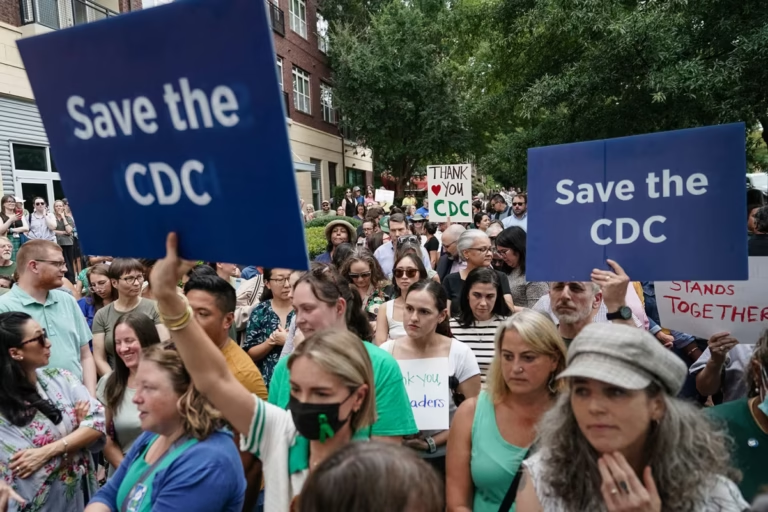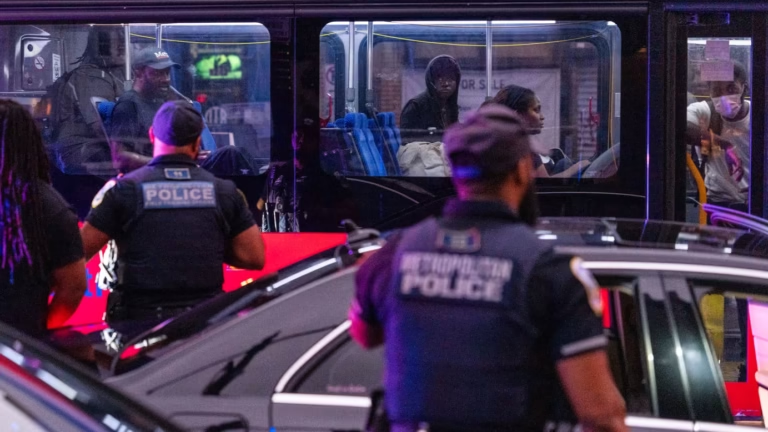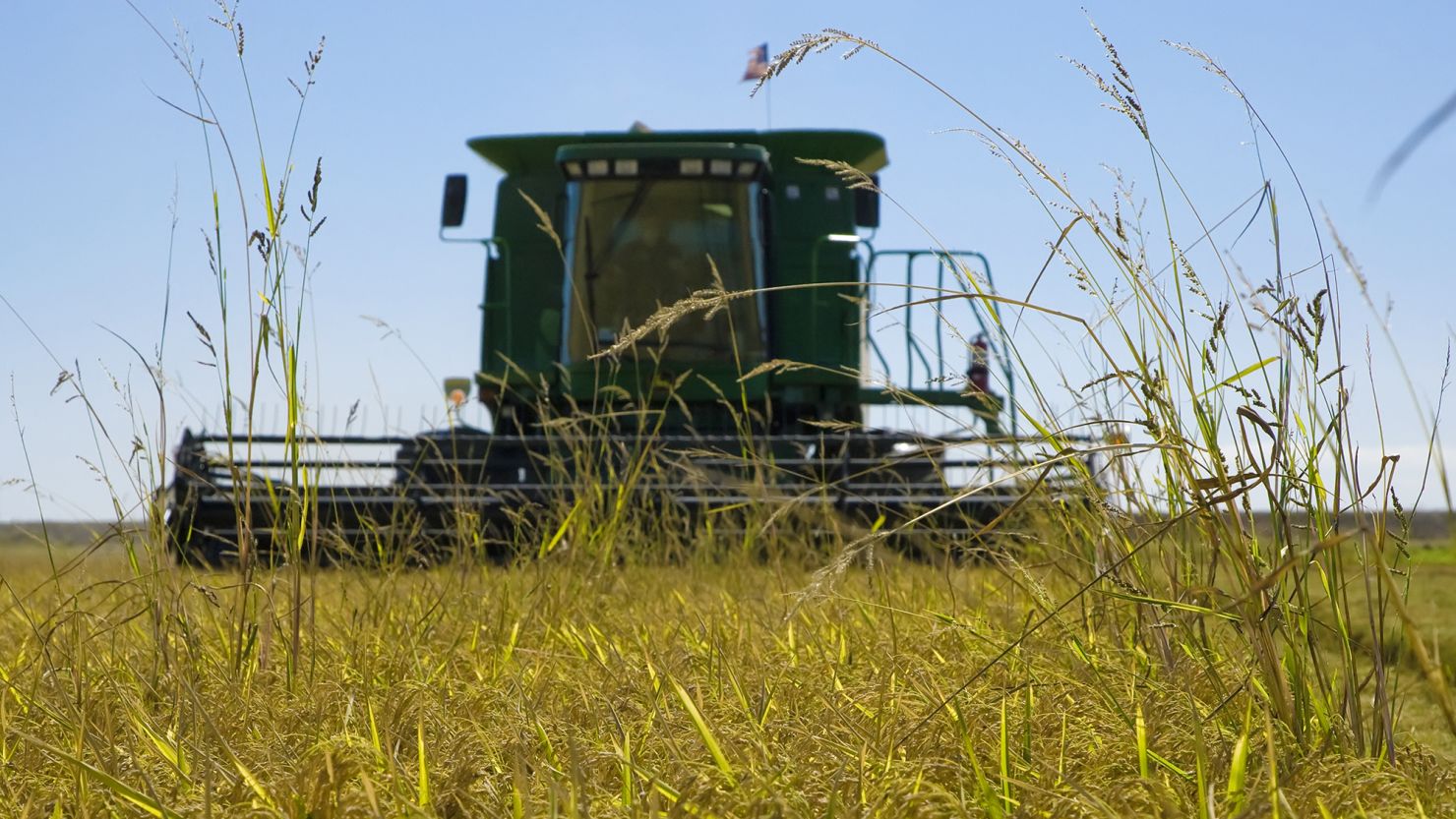
President Donald Trump has intensified trade disputes with Japan by threatening additional tariffs, claiming that Tokyo is not buying sufficient amounts of American-grown rice—even during a national rice shortage.
In a Truth Social post from June 30, 2025, Trump remarked, “They won’t seize our RICE, but there is a significant rice shortage,” and warned that the U.S.
would send an official “letter” outlining future tariff rates for countries that do not comply.
Contrary to Trump’s assertion, trade statistics show a different reality. Japan has recently brought in record quantities of U.S. rice, with roughly 25,500 tonnes of duty-free staple rice allocated in the June tender—U.S.rice accounting for most of the imports—as domestic prices soared.
Moreover, private firms imported roughly 10,600 tonnes of taxed rice in May, with about 75 percent originating from the U.S.
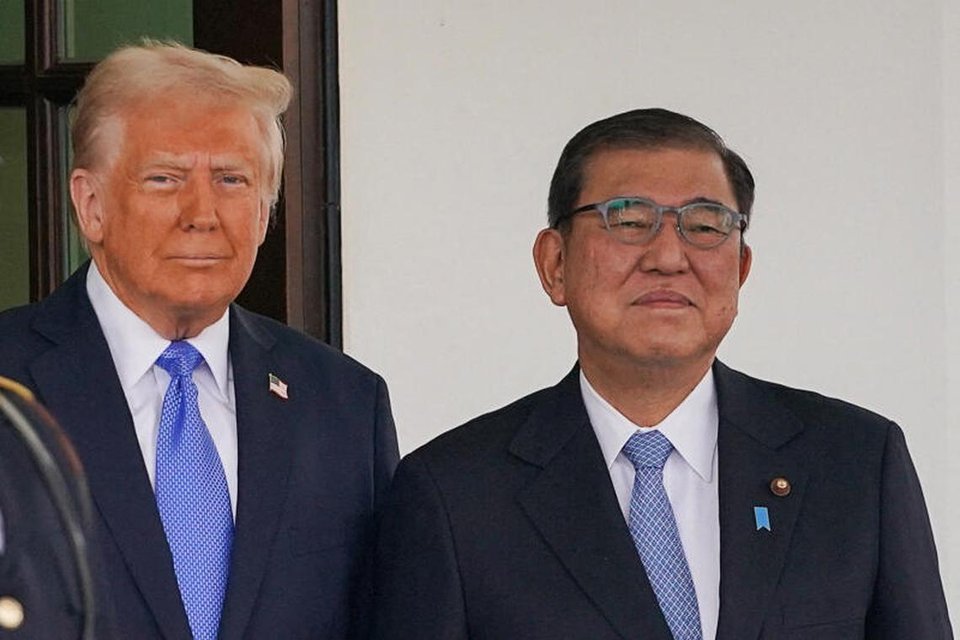
Tokyo swiftly rejected Trump’s claims. Economy Minister Ryosei Akazawa highlighted Japan’s position: “We will not participate in negotiations that could compromise the agricultural industry,” stressing the political significance of rice cultivation.
Chief Cabinet Secretary Yoshimasa Hayashi emphasized that Japan would not “sacrifice its agricultural industry” for a trade agreement.
These changes occur as the 90-day halt on reciprocal U.S. tariffs—comprising a 25% tax on Japanese vehicles and a 24% tax on additional imports—approaches its July 9 deadline. Treasury Secretary Scott Bessent cautioned that tariffs would return to elevated levels if an agreement is not achieved.
Tokyo persists in urging Washington for a complete auto tariff exemption, even while Japan’s backing for its agricultural sector stays strong.
In conclusion: Trump warns of new tariffs while claiming unfair practices in rice imports, but Japan responds with statistics highlighting a rise in U.S. rice purchases, unwilling to relax protections for its crucial agricultural industry.
